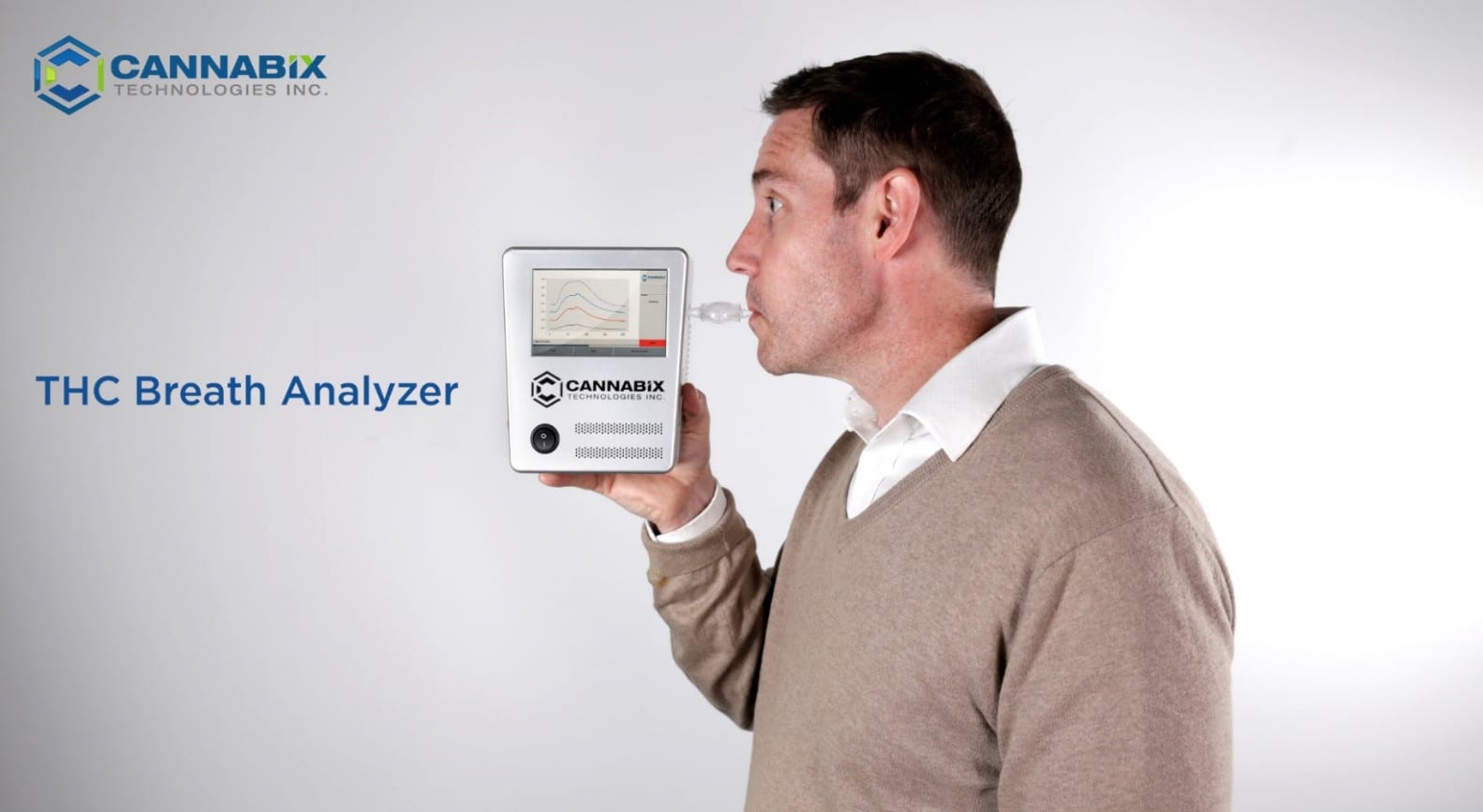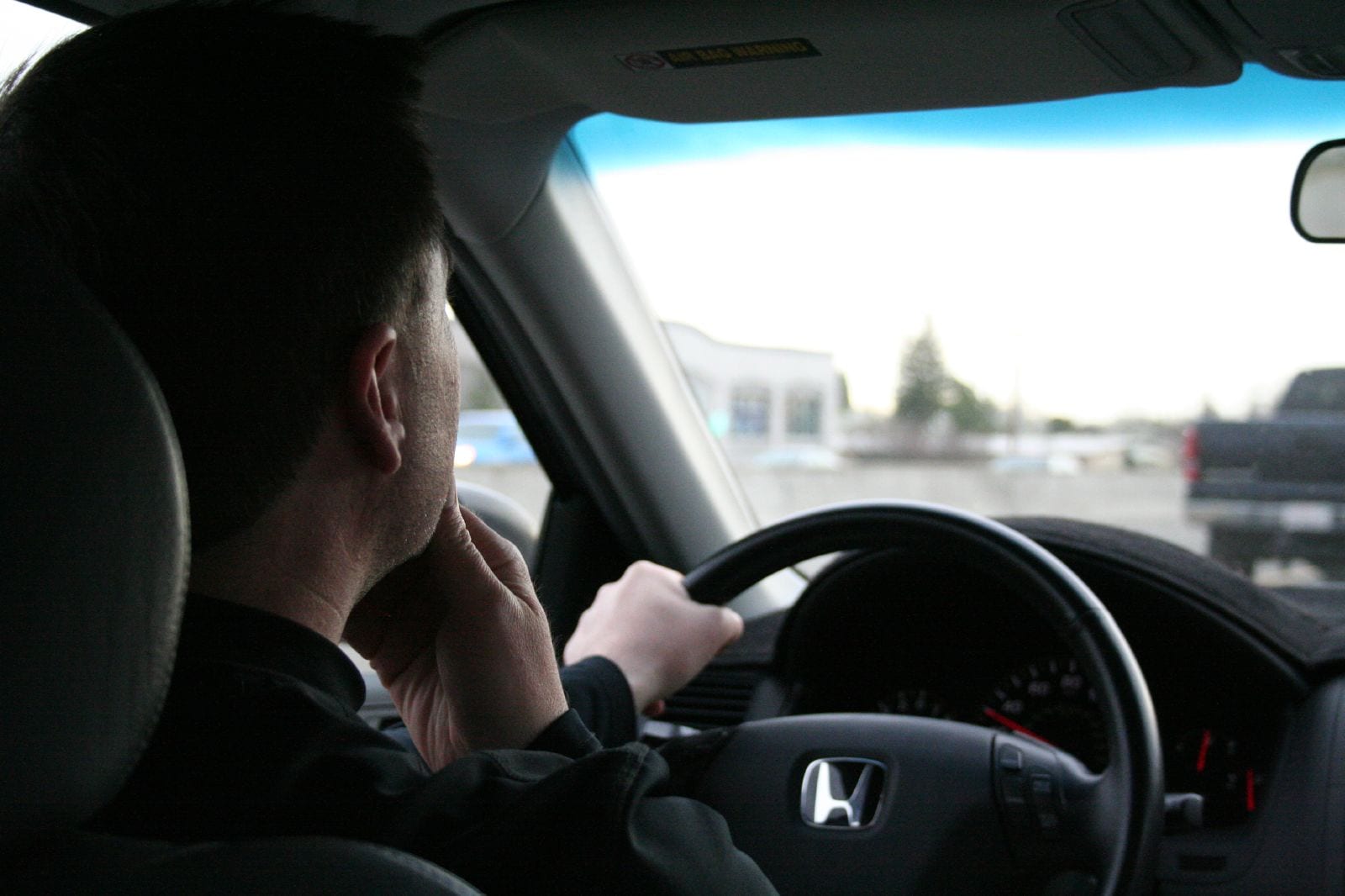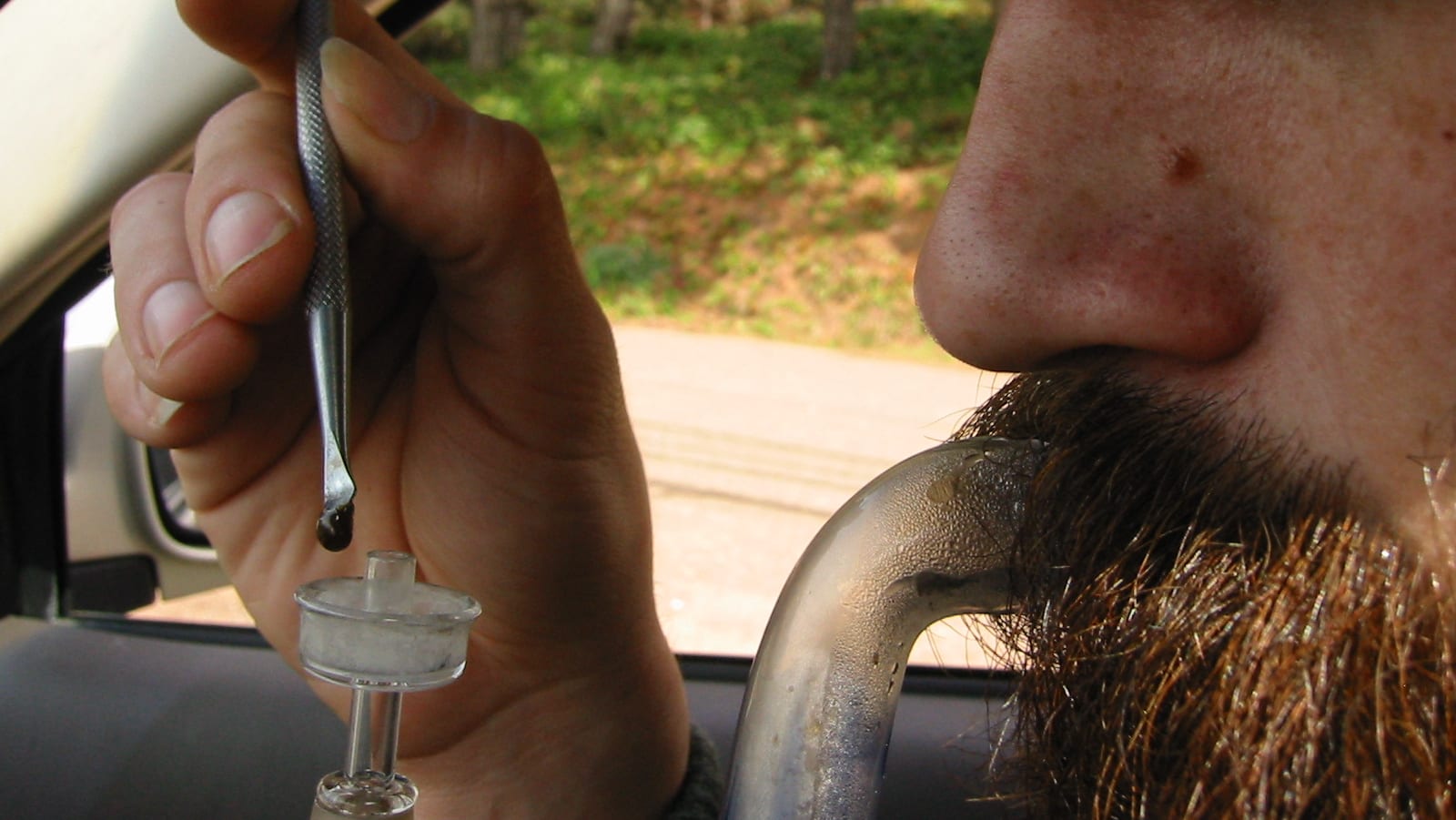American driving-under-the-influence laws aren’t keeping impaired drivers off the road.
In 2018, 20.5 million Americans reported driving while under the influence of alcohol, 12 million reported driving while under the influence of cannabis and 2.3 million reported driving while high on illicit drugs other than weed, according to data from the Substance Abuse and Mental Health Services Administration’s National Survey on Drug Use and Health.
In 2018, drunk drivers alone killed an estimated 10,511 people, indicating that new strategies are needed to prevent high, stoned and drunk drivers from getting behind the wheel, according to the report.
Standardized testing for impairment isn’t the answer, lawyer says
The report calls standardized testing to screen impaired drivers involved in fatal crashes for drugs or alcohol, in order to gather data on impaired drivers and help states implement prevention efforts.

A standardized test given to all impaired drivers would create faulty data and risk wrongful arrests and convictions, said DUI lawyer Kyla Lee. Photo courtesy of Kyla Lee.
But using a standardized test would not only violate America’s Fourth Amendment, but also create faulty data, Vancouver criminal lawyer Kyla Lee told Mugglehead.
Read more: Cannabix announces new THC breathalyzer milestone, DUI lawyer skeptical
For an American to be tested for drugs, a police officer would need to have reasonable and articulable suspicions the person was intoxicated, Lee said. Any evidence gathered through a standardized test likely wouldn’t be used in court, she added.
Standardized testing would also likely end up collecting faulty data, Lee said.
In car crashes with fatalities there are also usually injuries, which can impair someone’s ability to take a test based on physical ability. A spinal or head injury could effect someone’s ability to walk on a straight line, or follow an object with their eyes, she said.
“If you make these tests mandatory after someone has been in a motor vehicle collision that have a fatality, you’re essentially going to get everybody failing the test because of the physical impact of the collision and you’re not going to generate any reliable data.”
The benefits to society, like detecting, punishing and removing impaired drivers from the road would not outweigh the risk to individual liberties and the risk of wrongful arrests and convictions, which — with impaired driving causing fatalities — can land someone in jail for up to 45 years in the U.S., Lee said.
Read more: Manitoba’s ticketing rule for illicit cannabis possession called ‘policy nonsense’
Young white males make up bulk of population who report driving high
Researchers interviewed 47,570 Americans and asked respondents to self-report on their use of illicit drugs, alcohol and tobacco use for the NSDUH annual survey. The numbers of actual impaired drivers are likely higher than in the study because people fear self-reporting illegal activities, researchers noted.
Young white males made up the bulk of respondents who reported getting behind the wheel while high, according to the report.
Around 12.5 per cent of drivers aged 21 to 25-years-old said they drive high, followed by 9.2 per cent of drivers aged 16 to 20-years-old. Only 0.6 per cent of drivers 65-years-old and up reported driving high.
Males make up the bulk of stoned drivers, with 7.9 million males and 4.5 million females reporting driving high.
It’s mostly white people reporting it too. Some 7.9 million white people said they drive high, compared to 1.6 million Hispanic people and 1.6 million black people.
Those numbers aren’t surprising to Lee, who said it’s likely because young white males don’t fear being punished for driving high.
“There’s a comfort level in saying ‘Yeah, I drive stoned,’ because you don’t have to worry about being pulled over in a profiling stop,” Lee said. “You don’t have to worry about being treated differently because of your skin colour, and you don’t have to worry about how self-reporting that you’re engaging in this behaviour might lead to you being investigated more stringently for it.”
Cover photo: Lachlanjarvis via Wikimedia Commons.
michelle@mugglehead.com
@missmishelle










